Economic experts have expressed optimism that the removal of subsidy on Premium Motor Spirit (PMS) also known as petrol by President Bola Tinubu will lead to an increase in the share of revenue by states.
Reactions have continued to trail the removal of subsidy by the Federal Government, with the citizens expressing concern about the increase in the cost of things as a result of the hike in the pump price of petrol.
Join our WhatsApp ChannelHowever economic analysts believe that the economic shock will be for a short term.
Paul Alaje, Senior Economist with SPM Professionals, who appeared on ARISE News TV show, said the subsidy removal has relieved the Federal Government a heavy financial burden and much of the money going into the scheme will now be diverted to monthly allocations to states.
He said: “What this president has done when he said subsidy is gone is that he has automatically increased the share of revenue to all the state government by that statement,” Alaje stated.
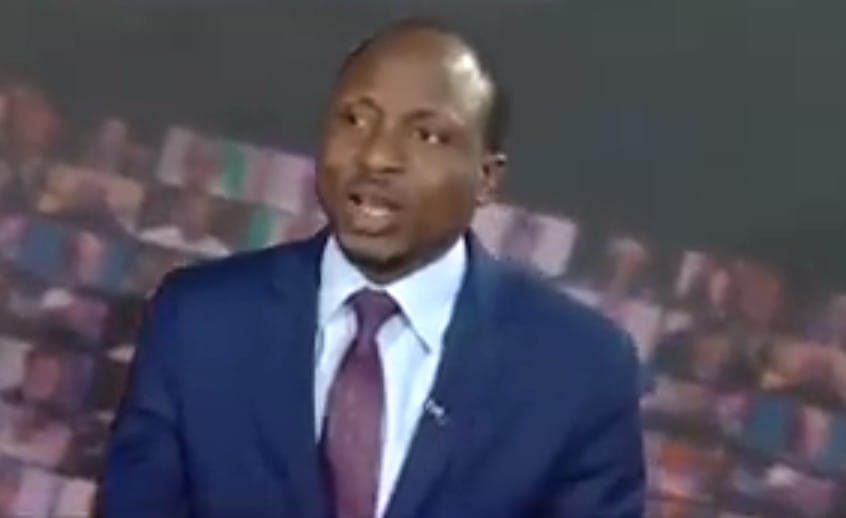
READ ALSO: Subsidy Removal: ‘Nigeria Should Channel Funds To Skill Acquisition Schemes For Job Creation’
According to reports, the country spent N4.39 trillion on petrol subsidy in 2022. Also, N3.3 trillion was budgeted for subsidy payments between January and June 2023.
“With the subsidy payment is off, which just happened, the money is now available to be distributed among the three tiers of government,” Alaje added.
Alaje, who was commenting on the inauguration of the National Economic Council held in Abuja on Thursday, said the president must have a strong economic team to provide quality advice on appropriate measures to adopt in rescuing the economy.
On his part, Boniface Chizea, an economic expert and business development consultant said governance is a serious business and for that, governors should set development plans in their respective states and map out strategies for achieving them as a way of contributing to national growth.
He urged state governors, who are also members of the national economic council, to take the issue of budget preparation seriously and implement them for the good of the people.
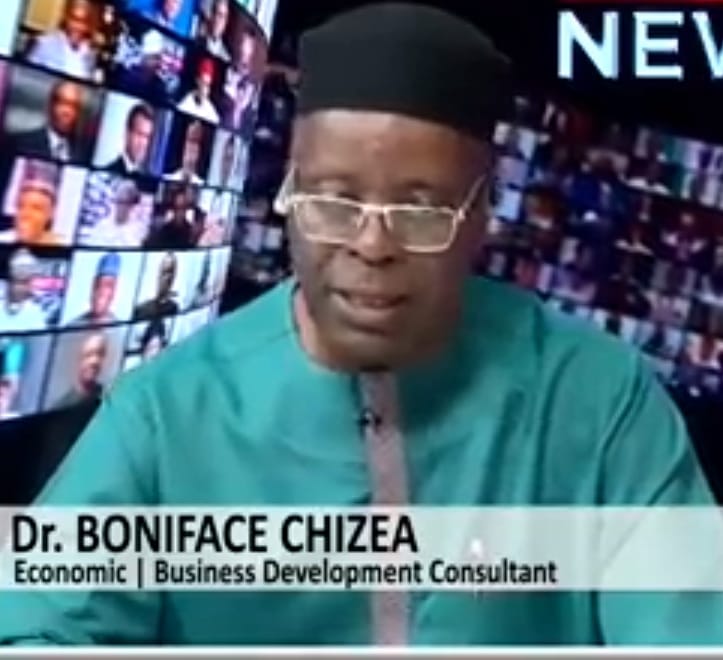
Chizea also advised the governors to table their development plans before the economic forum for inputs to be able to come up with robust ideas on how to make them yield significant results.
He further advised that there should be a body at the national level that appraises proposals by state governors for financing projects through borrowing loans, especially from external sources to avoid making wrong decisions that could plunge them into avoidable debt burden.
On Internally Generated Revenue (IGR), Alaje said most states across the federation are estimated to be losing not less than N8 billion monthly as a result of failure to explore vital revenue collection windows.
He urged state governors to start looking into untapped revenue windows in various sectors and make conscious efforts to block loopholes in revenue collection to boost their revenue profile instead of relying only on federal allocations.
He also urged states to consider what they need to do in terms of infrastructure to improve economic activities and contribute to the growth of the national GDP. He specifically mentioned that states can start exploring ways to improve power infrastructure by granting licenses to private investors given the bill signed into law recently which now allows states to develop that sector.
Victor Ezeja is a passionate journalist with six years of experience writing on economy, politics and energy. He holds a Masters degree in Mass Communication.

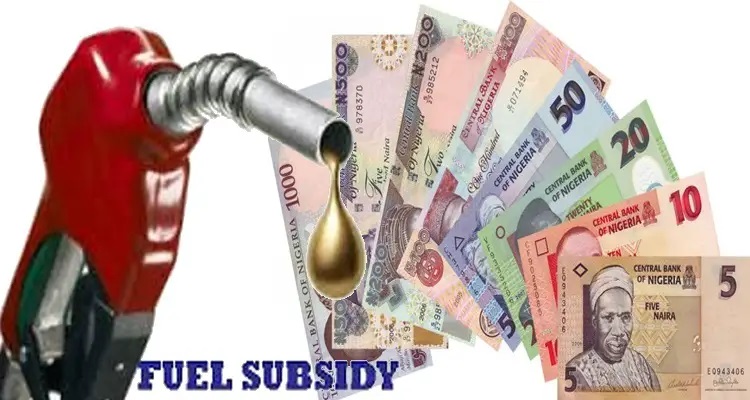



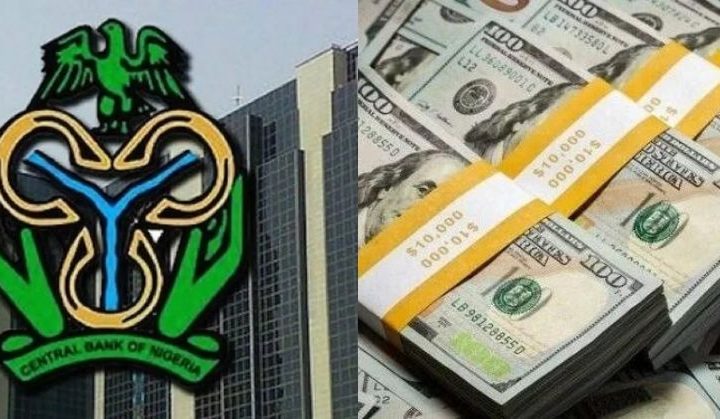






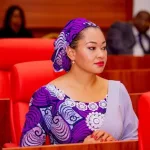





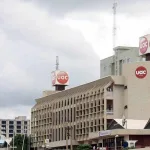
Follow Us